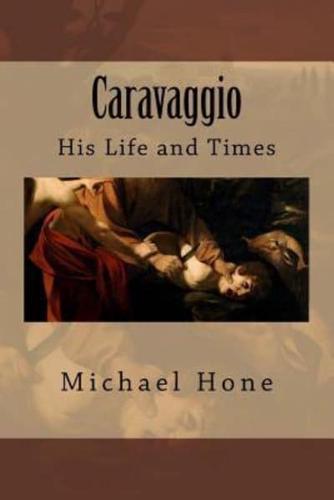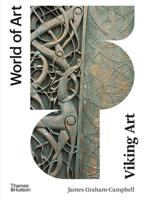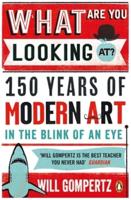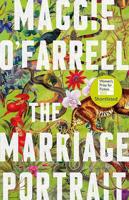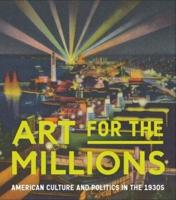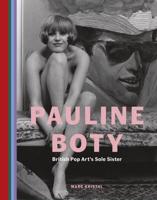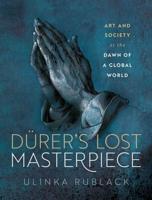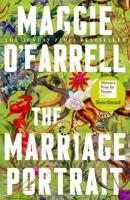Publisher's Synopsis
What decided me to write this book were both the chiaro and the obscuro of Caravaggio's chiaroscuro. The chiaro: The eroticism found in certain paintings like The Musicians which show the boys' faces in the very throes of imminent orgasm, the eyes glazed over, the lips sensually parted, the tongue just visible and lascivious. Or the boys' shirts, in this and in other paintings, shirts at times undone to the waist, open on skin glistening through effort, perhaps sexual, the nipples erect, the underarms reeking of pheromones, the odor of sex so invasive that one can guess at the traces of sperm smeared somewhere over the lower belly. How much easier my last work had been, Cellini, His Life and Times. Despite the dark side of Cellini, the fact that he had murdered several men (stalking and attacking them from behind) and the even more disconcerting fact that Cellini was a confirmed sadist towards women (confirmed by his own autobiography!), the chiaro portions of Cellini's life were by far the more important. Like Caravaggio, Cellini was an artist of genius, but one--and this was the winning point for me concerning Cellini--who worshipped the boys he loved. But I was enthralled too by the obscuro, the blood gushing from the jugular of the virile male in his Judith and Holofernes, as the knife is halted forever in mid-distance, as it cuts through the throat. Or David and the Head of Goliath, David holding up Goliath's severed head, the self-portrait of Caravaggio himself, one eye clearly dead, the other harboring a lingering thread of life. Or The Beheading of John the Baptist, of disgusting reality: his executioner, muscular and glistening with sweat, the ultimate in homoeroticism, leans over the saint whose head he holds firmly against the floor, while blood spurts from the severed throat. But the worst is The Martyrdom of Saint Ursula: A withered old man, unable to achieve his ends with a young woman, shoots her in the breast with an arrow at pointblank range. Ursula looks down at the wound, as if in wonder that she has been pierced and that blood is flowing. It makes me, too, wonder if the painting inspired the makers of the film Munich in which men come upon a female terrorist who, to escape death, offers herself naked. She's shot three times in the breast from close range and, like Ursula, looks down at the blood that begins to trickle from the wounds, as intrigued at the saint, and remains so until a final bullet is lodged in her brain. Then comes the question: Why another book on Caravaggio? The answer is that no other book covers what was going on in the world during Caravaggio's lifetime as does this one: the sexuality of the High Renaissance, the influences outside of Europe, those that took place under Pizarro, Cortes and Magellan. How Magellan advanced Renaissance man intellectually by proving the world was not flat, and how the influx of Aztec and Inca gold enriched those who commissioned Caravaggio's paintings. I want the story of the Siege of Malta told, for it was there that Caravaggio accomplished his two greatest works. I want to cover the events that stirred the common people of the time, such as the Cenci murder, and other events so monumental as to have Ferdinand and Isabelle of Spain literally on the edge of their thrones while awaiting ships bringing news of the Perkin impersonation of Henry VII. And finally, Caravaggio's oeuvre is so stirring, so completely unique, that I want to dedicate just a few short paragraphs on the paintings that aroused me, intellectually and sexually.
